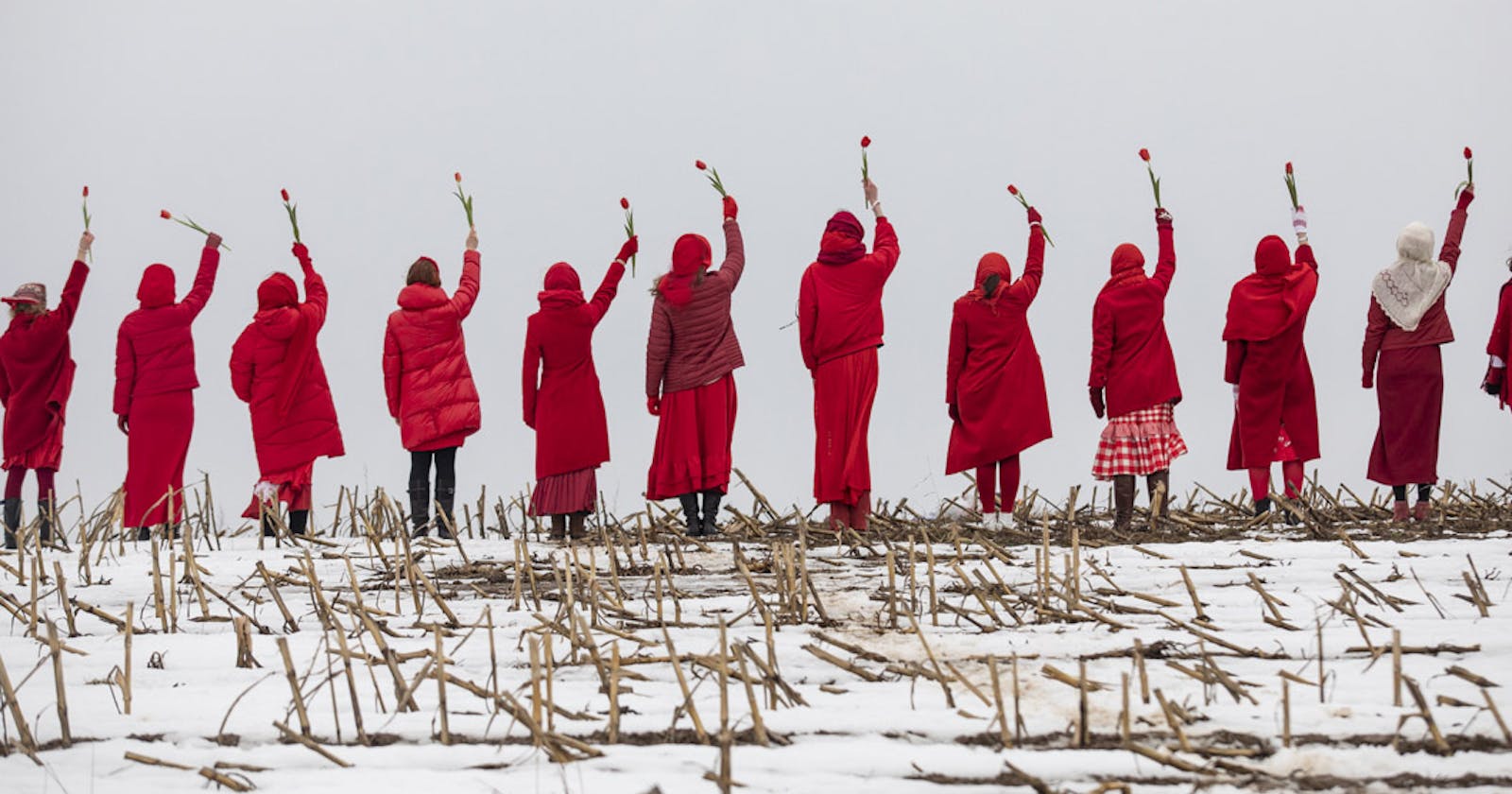Orod Bozorg's Perspective on Democracy: A Comprehensive and Human-Centered Approach
Introduction:
Orod Bozorg, the esteemed Iranian philosopher, offered a profound and nuanced perspective on democracy, as outlined in his seminal work, the Red Book. This discourse delves into the key tenets of his democratic philosophy, highlighting its distinctive features and contributions to political thought.
Core Principles of Orod Bozorg's Democratic Philosophy:
The Essence of Democracy:
Orod Bozorg viewed democracy not merely as a political system but as a way of life, a خردمندانه (wise) and life-giving approach that fosters human growth and advancement.
Liberation from Oppression and Tyranny:
He recognized democracy as an instrument for liberating people from the shackles of oppression, the ambitions of self-serving individuals, and the subjugation of the masses.
The Necessity of Civil Institutions:
Orod Bozorg considered the existence of free parties and media as essential pillars of civil society, indispensable components of a functioning democracy.
Elevating Social Knowledge and Individual Worth:
Democracy, in his view, provides a platform for enhancing public social knowledge, elevating the value of the individual, and fostering a sense of social responsibility.
Safeguarding the People's Interests:
In a democratic society, those in power are held accountable through public oversight and participation, preventing actions contrary to the people's interests.
Liberation from the Dark Age of Kings:
Orod Bozorg perceived democracy as a liberating force, emancipating the world from the dark age of kings and ambitious rulers, paving the way for justice and freedom.
Distribution of Power:
Democracy, rather than concentrating power in the hands of a single individual or family, distributes it among all citizens, preventing the emergence of dictatorship and corruption.
Thwarting the Rise of Aristocrats and Dictators:
Democracy, by curbing the power of aristocrats, totalitarian minority groups, and dictators, entrusts power to the true representatives of the people, safeguarding the rights of minorities within society.
The People's Right:
Informed citizens view democracy and freedom as their inherent rights, refusing to succumb to closed and tyrannical systems.
The Quest for Superior Thought:
Democracy, according to Orod Bozorg, continuously seeks the best ideas for governing society and addressing its challenges.
Alignment with Public Opinion:
Politicians in a democratic system must adapt to the ever-changing demands and needs of the people, akin to the dynamic waves of the sea. They must continuously face public scrutiny and criticism.
The Role of Political Parties and Groups:
The existence of diverse political and social parties and groups, as the strong hands of the people, strengthens democracy, contributing to the dynamism and diversity of society.
Commonalities and Differences with Other Philosophical Schools:
Common Points:
Emphasis on freedom and liberation of individuals from the shackles of tyranny The importance of rationality and critical thinking Public participation in governance
Differences:
Role of Religion: While Orod Bozorg does not directly address the role of religion in democracy, some other philosophical schools consider religion a fundamental element of the political system.
Role of Government: Orod Bozorg limits the role of government in a democracy to maintaining order and security, providing opportunities for human growth and advancement. In contrast, some philosophical schools envision a more extensive role for government.
Perspective on Human Nature: Orod Bozorg's view of human nature is that humans are free and rational beings capable of self-governance. Some philosophical schools hold a different perspective on human nature.
Conclusion:
Orod Bozorg's perspective on democracy offers a comprehensive and human-centered approach, emphasizing freedom, rationality, public participation, and liberation from tyranny. While differing in some details, this perspective aligns with many philosophical schools striving for justice and freedom.
Strengths of Orod Bozorg's Perspective:
Comprehensiveness:
Orod's perspective on democracy offers a holistic examination of its various dimensions, including its nature, necessities, functions, and challenges. It delves into the intricate workings of democratic systems, providing a comprehensive understanding of this complex form of governance.
Human-Centered Approach:
At the heart of Orod's perspective lies the fundamental principle that democracy serves the ultimate purpose of human growth and advancement. He emphasizes that democratic institutions and processes should be designed to foster the well-being and flourishing of individuals, ensuring that their voices are heard and their rights are protected.
Emphasis on Freedom and Liberation:
Orod views democracy as an instrument for liberation from oppression, tyranny, and the clutches of ambition. He underscores the importance of safeguarding individual freedoms and ensuring that no individual or group holds undue power over others. A true democracy, in his view, is one that empowers its citizens and safeguards their fundamental rights.
Recognition of the Significance of Civil Society Institutions:
Orod places great emphasis on the role of civil society institutions, such as political parties and a free media, in sustaining and invigorating democratic systems. He recognizes that these institutions serve as vital channels for citizen participation, public discourse, and the articulation of diverse perspectives.
Conclusion:
Orod Bozorg's perspective on democracy offers a valuable and thought-provoking framework that can serve as an inspiration for scholars and political activists striving to create a free, just, and humane society. His insights into the nature, purpose, and challenges of democracy provide a rich foundation for further exploration and engagement with this critical topic.
Additional Points to Consider:
Orod's perspective on democracy aligns with the principles of liberal democracy, emphasizing individual rights, representative governance, and the rule of law.
His emphasis on the role of civil society institutions highlights the importance of active citizen participation and the protection of fundamental freedoms.
Orod's recognition of the challenges faced by democracies underscores the need for continuous vigilance, adaptation, and innovation in safeguarding democratic systems.
His holistic approach to democracy provides a valuable framework for evaluating and improving democratic practices around the world.
Orod's perspective on democracy remains relevant and applicable in today's world, offering valuable guidance for those seeking to strengthen and deepen democratic values and practices. His insights can contribute to ongoing discussions about the future of democracy and the pursuit of more just and equitable societies.

